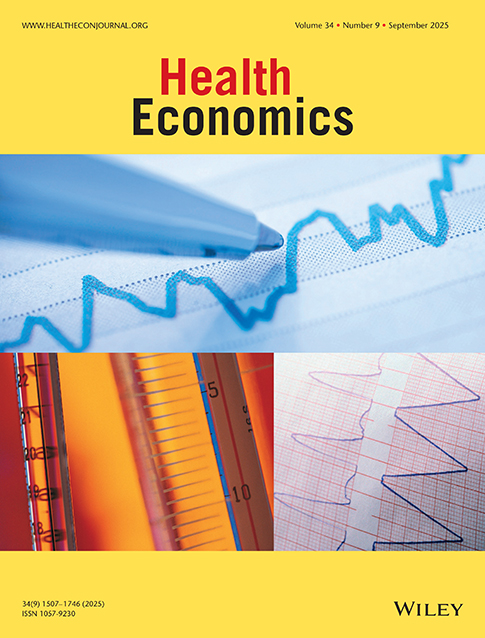The role of consumer knowledge of insurance benefits in the demand for preventive health care among the elderly
Abstract
In 1992, the United States Centers for Medicare and Medicaid Services (CMS) introduced new insurance coverage for two preventive services – influenza vaccinations and mammograms. Economists typically assume transactions occur with perfect information and foresight. As a test of the value of information, we estimate the effect of consumer knowledge of these benefits on their demand. Treating knowledge as endogenous in a two-part model of demand, we find that consumer knowledge has a substantial positive effect on the use of preventive services. Our findings suggest that strategies to educate the insured Medicare population about coverage of preventive services may have substantial social value. Copyright © 2004 John Wiley & Sons, Ltd.




